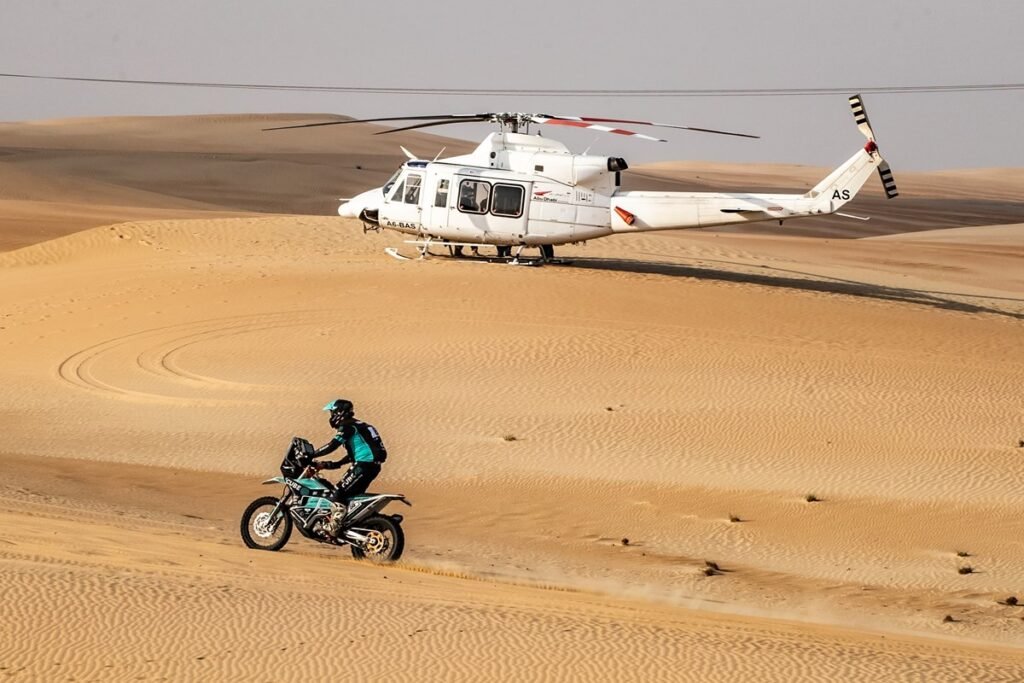Deserts are among the most challenging environments on Earth, characterized by extreme temperatures, limited water sources, and vast, often treacherous landscapes. When people find themselves in distress in these arid regions, desert rescue services play a crucial role in ensuring their safety and survival. Here’s a closer look at the importance of desert rescue and what it entails.
Why Desert Rescue Matters
- Life-Saving Assistance: The primary goal of desert rescue teams is to save lives. Whether it’s hikers lost in the vast terrain, travelers stranded in their vehicles, or individuals facing health emergencies, timely rescue can mean the difference between life and death.
- Navigational Challenges: The vastness and monotony of desert landscapes can lead to disorientation. Professional rescue teams are trained to navigate these challenging environments, using specialized equipment and techniques to locate and assist those in need.
- Unique Risks: Deserts pose specific dangers, such as extreme heat during the day and dangerously low temperatures at night. Dehydration, heatstroke, and injuries from falls are common issues. Rescue teams are equipped to handle these emergencies and provide necessary medical aid.
- Environmental Awareness: Desert rescue operations often involve educating the public about safety practices in these regions. By raising awareness about the risks of desert exploration, rescue teams can help prevent emergencies before they happen.
What Desert Rescue Involves
- Search and Recovery: Desert rescue teams utilize various methods to locate missing individuals, including aerial surveillance, ground searches, and tracking technology.
- Medical Support: Rescuers are often trained in first aid and emergency medical response, allowing them to provide immediate care to injured or distressed individuals.
- Resource Management: In remote areas, access to resources like water and shelter can be limited. Rescue teams are skilled in resource management, ensuring that both rescuers and those in need have access to essentials during an operation.
- Collaboration: Desert rescue operations often involve collaboration with local authorities, park services, and volunteer organizations to coordinate effective responses and share resources.
Conclusion
Desert rescue services are vital for ensuring safety in one of the harshest environments on the planet. Their expertise not only saves lives but also promotes awareness of the risks associated with desert exploration. Whether you’re an avid adventurer or a casual traveler, understanding the importance of desert rescue can enhance your safety and appreciation for these beautiful yet perilous landscapes. Always remember to prepare adequately, stay informed, and respect the power of nature when venturing into the desert!

